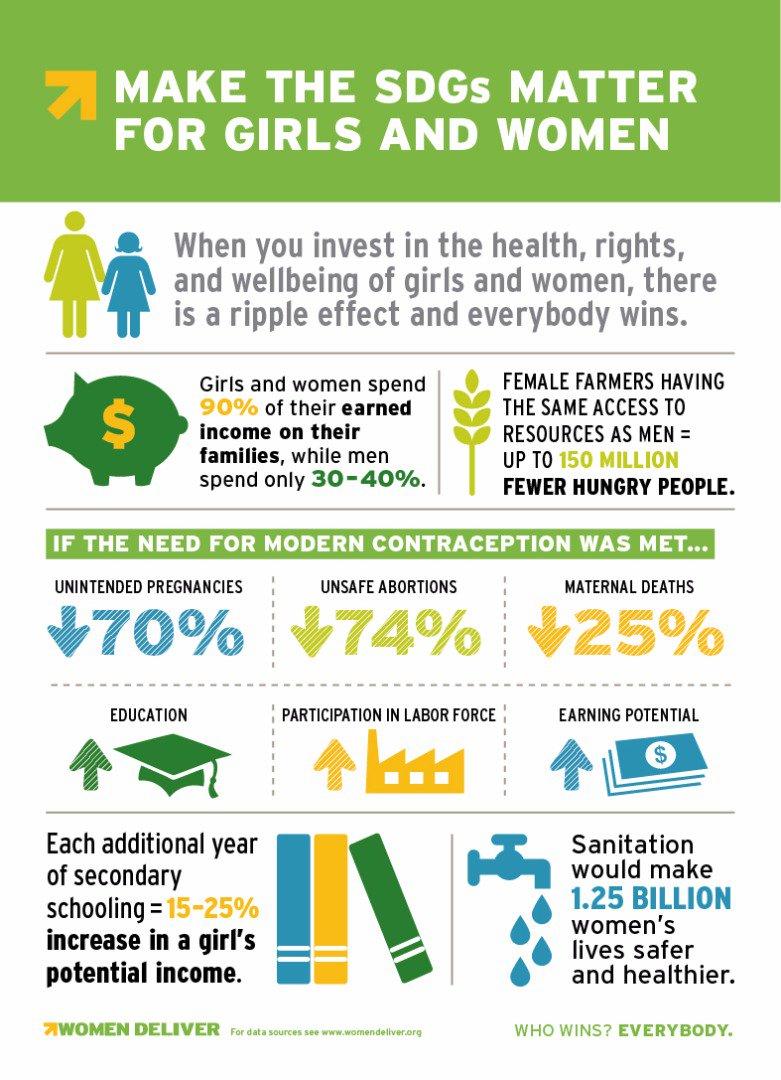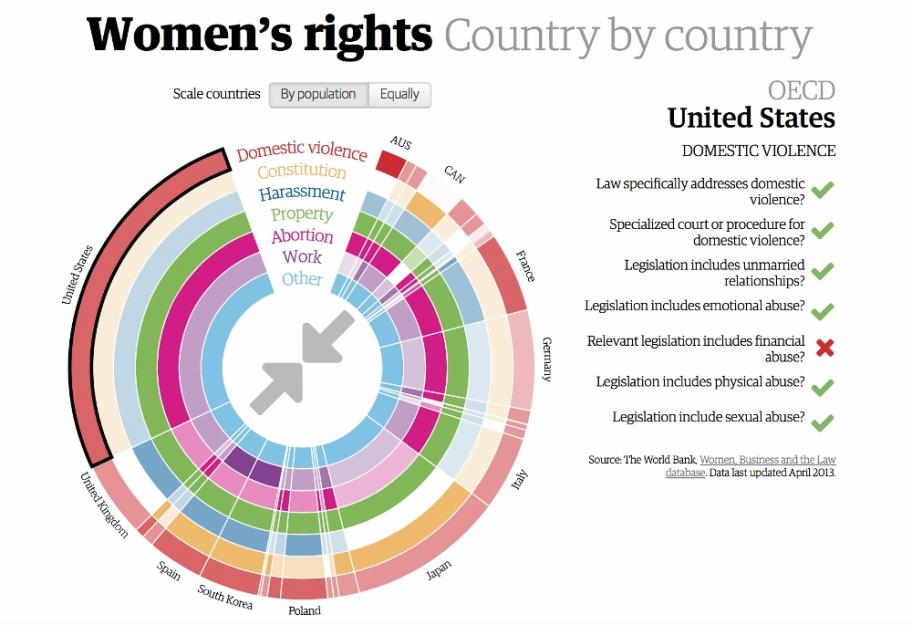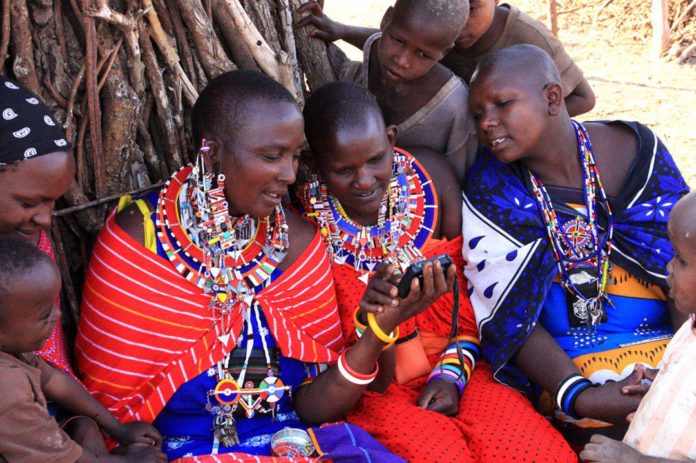By Winnie Kamau
Data will be will be a deal breaker to solve the gender rule stalemate in Kenya, gender experts have said.
This was noted at the biggest Pan-African women’s conference held in Kenya’s capital Nairobi. The meeting convened by the African Women’s Development and Communication Network (FEMNET) saw over 150 women participate from 35 countries.

Opening the first Women Pan African Conference on the implementation of the Sustainable Development Goals (SDGs 2030) and African Union 2063 Agenda, Cabinet Secretary of Public Service, Youth, and Gender Affairs, Sicily Kariuki “Allow me to single out Agenda 2030, and the relentless effort by FEMNETs push to get African Governments to support women sexual and reproductive health rights (SPHR) and also their right to participation in decision-making.” Adding,“This is an area of immense impact on women’s peace, security and by extension to their empowerment. I note that you have made a commitment to champion gender-dis-aggregated data collection and to develop scoring tools to monitor progress. This is highly welcome, and will be of enormous help in policy formulation.”
Commissioner Winnie Lichuma, the Chairperson of the Kenya National Gender & Equality Commission (NGEC) noted the relevant gender disaggregated data will present the reality within the gender gaps and speed up the implementation of various policy mechanisms. “We must monitor and evaluate the numbers from a pro-active angle and seek to understand what the numbers are telling us and why, because data contributes to informed decision-making,” said Commissioner Lichuma.
Adding “We need to go beyond the sex data that we have which only distinguishes the physical gender and collect data that represents the lived realities that explain further why the glaring gaps persist. ” The commissioner lamented the stalled implementation process of the two-thirds gender rule in Kenya that has seen it escalated to the Courts as an accountability mechanism, a delayed processes that have been viewed as unconstitutional.
Dinah Musindarwezo, FEMNET’s Executive Director emphasized the meeting was timely for the assertion of women’s position “This is a firm message to African governments and to the African Union as the regional body that this time around, African women and girls want full and meaningful participation in the implementation process of the global Agenda 2030 and the continental 2063 Agenda to ensure that the gender gains they fought hard for are realised. There will be no deliberations about women without women!”
It was noted there was a huge gender gap, according to current statistics by the Inter-Parliamentary Union, “Africa has only two current female heads of state out of its 54 countries and has had a total of only seven female heads of state in history. There are currently only 10 female serving heads of state in the world out of 196 countries.” Memory Kachumbwa.

Kachumbwa asserted it was time for the continent to fully embrace the deliberate and substantial investment in gender data to reveal clear indicators of the gender gaps that need to be filled saying “Africa needs to move beyond only focusing on quantitative data to infusing qualitative data that for analyses why we still have very few women in key decision-making positions at this point in time when the world should have long since achieved gender parity in all spheres .”
On the Economic front according to a recent survey by UN-Women, gender gaps in the workforce affect women worldwide. 128 out of 143 economies (90%) have at least one legal difference restricting women’s economic opportunities 79 economies legally restrict the jobs women can undertake whereas in 15 economies husbands are at liberty to dictate their wives’ financial activities.
Lichuma added, “With the right gender disaggregated data, we will be able to hold governments accountable to delivering on commitments such as the SDGs 2030 and African Union 2063 Agenda in this way really transform lives”
A deliberate effort by women will see the implementation strategy to compel African governments to fully implement the SDGs 2030 and 2063 Agenda. To ensure that African governments are held accountable to their responsibilities as well as to interrogate the SDGs implementation process. This will ensure that women and girls are at the center of the effective follow-up, and monitoring and implementation of the SDGs.














